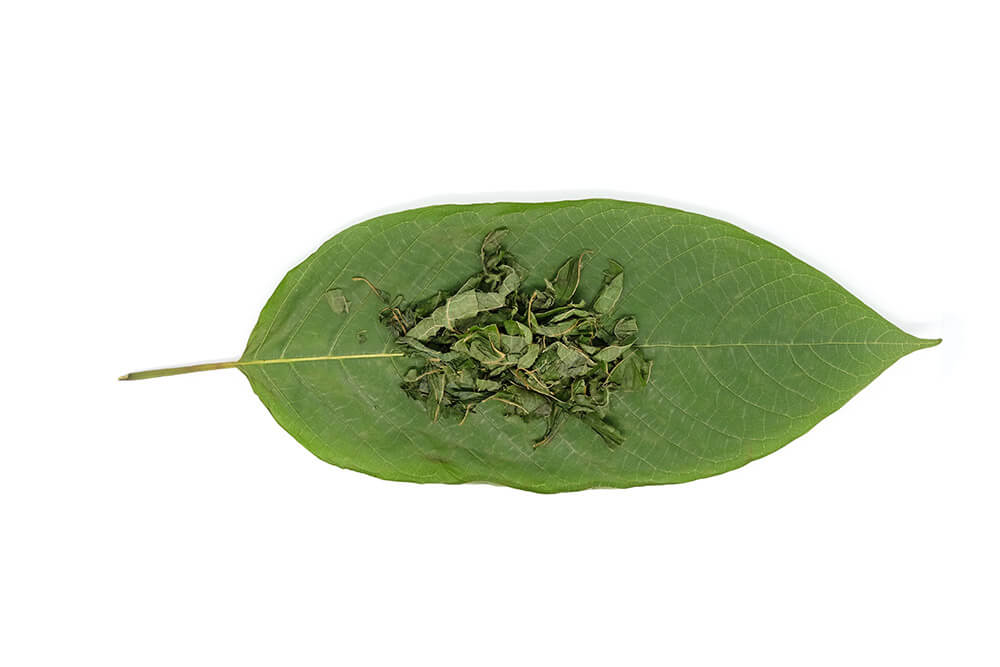Auburn Doctoral Student Earns University’s First R36 Grant
Tessa Hastings is the first Auburn University student to be awarded a highly competitive research grant from the Agency for Healthcare Research and Quality (AHRQ), a division of the U.S. Department of Health and Human Services.
A doctoral student in Auburn’s Harrison School of Pharmacy, Hastings is researching how Alabama pharmacies can share vaccine information with each other so they know how many residents are actually receiving vaccines, and how to educate and remind the public to re-vaccinate. Hastings receives a $42,424 award to support her dissertation research, “Assessing Barriers and Increasing Use of Immunization Registries in Pharmacies: A Randomized Controlled Trial.” The first phase of her study involves identifying barriers in utilization of immunization registries within a pharmacy context.
“Pharmacists are instrumental in improving adult immunization rates. However, with the role of pharmacists as vaccination providers expanding, documentation is key to maintaining complete and accurate immunization records,” she said. “It is critical that each provider administering vaccines, including pharmacists, participate and update the registry each time a vaccine is administered to a patient. Many states, including Alabama, have limited pharmacy participation in the registry.”
MCPHS Faculty Member Sheds Light on Wearable Technology + Pharmacy
Dr. Timothy D. Aungst is an associate professor of pharmacy practice at MCPHS University with a passion for understanding how healthcare’s biggest technological innovations can be applied to the field of pharmacy. In a recent article for ComputerTalk, Aungst discussed how wearables, or small, bio-reading sensors, can potentially be used to digitally monitor the clinical and health outcomes of patients.
“Many devices have entered the market that can be worn peripherally on the patient (e.g., wrist-mounted) or attached directly to the body for higher data collection (e.g., blood glucose),” says Aungst. “Of particular interest to the pharmacy field, these technologies may pave the way for increased opportunities for medication oversight by pharmacists with an eye on improved clinical outcomes and patient safety.”
Aungst explains that wearable technology has the potential to revolutionize the pharmacy field in many ways, including monitoring patients’ blood pressure, blood glucose and adherence to their prescribed pharmacotherapy.
UF College of Pharmacy Receives Major Grant to Bolster Kratom Research
The National Institute on Drug Abuse has awarded researchers at the University of Florida College of Pharmacy a two-year, $3.5 million grant to bolster research on Mitragyna speciosa, or kratom, and its potential to treat opioid misuse and physical dependence.
UF College of Pharmacy researchers have studied kratom, which comes from the leaves of a tropical tree from Southeast Asia, as a potential therapy to wean addicts off heroin or prescription opioids. It activates the same opioid receptors and appears to satisfy the craving, while possibly lessening the risk of respiratory depression.
Next they will seek to identify the pharmacology of its 40 alkaloids, test the effects of these individual alkaloids on the brain’s receptors and continue to develop treatment strategies to help addicts quit opioids.
Principal investigators Dr. Lance McMahon, professor and chair of the college’s department of pharmacodynamics, and Dr. Chris McCurdy, professor of medicinal chemistry in the college, say the grant will renew and reinvigorate their research.
The next stage of kratom research involves identifying the pharmacology of its chemicals. Dr. Bonnie Avery, co-investigator and clinical professor of pharmaceutics at the college, identifies kratom’s alkaloids through chromatographic methods, to determine where they go in the body and how they are broken down into metabolites.

